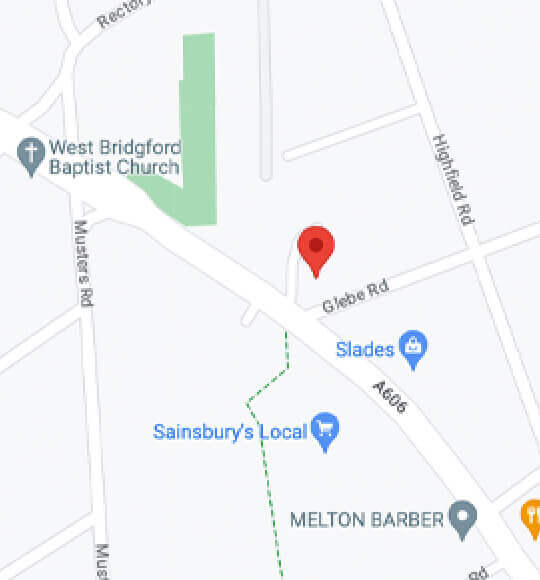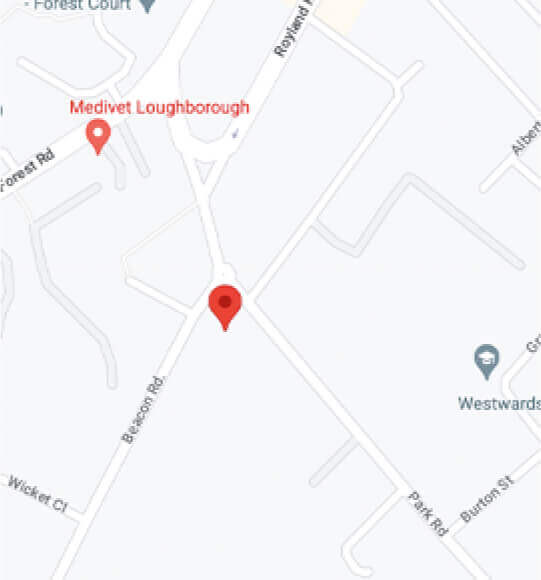
Periodontitis is the number one reason for tooth loss in the world, but most people are unaware of this disease. Dr Adam Patel provides an invaluable insight into gum disease, what to look out for and how to treat it.
What is Periodontitis?
Periodontitis is an advanced form of gum disease that also involves progressive alveolar bone loss around the teeth. If this is left untreated, it can lead to teeth loosening and loss of teeth. Periodontitis is an irreversible condition.
What causes Periodontitis?
Periodontitis is caused by bacteria that bind to the tooth’s surfaces. If the bacteria remain and are allowed to proliferate on the tooth surface it can lead to an aggressive immune system response against these microorganisms which eventually causes destruction of the soft tissues (gums) and underlying bone.
Are some people more likely to develop Periodontitis than others?
Yes. Smokers, diabetics and those with weakened immune systems are at an increased risk of developing periodontitis. In addition, people with unhealthy diets and poor oral hygiene are also at an increased risk of developing periodontal disease.
Does age play any role in Periodontitis?
Yes it can. As people age, the risk for periodontal disease increases.
Does genetics play a role in Periodontitis?
Yes. Various studies have shown there to be a genetic link to periodontal disease (especially the aggressive form). This is similar to other conditions such as diabetes, where you may be genetically more susceptible than others.
How do I know if I have Periodontitis?
This is something that will be diagnosed by your Dentist during your clinical examination. We diagnose periodontitis by using a probe to inspect the gum tissues around your teeth. Your clinician may also take radiographs (x-rays) to determine the amount of bone loss around the teeth.
What are the symptoms of Periodontitis?
In many cases, patients will experience no specific symptoms and the condition can be silent and painless. Often signs and symptoms can be similar to that of gingivitis: red and swollen gums, bleeding whilst brushing or flossing and you may experience bad breath and a bad taste within your mouth. In addition, gums may start to recede and ‘pockets’ start to form between the teeth and the gums. At a more advanced stage, teeth start to become loose and may move out of position.
What are pockets?
Pockets are sites where the attachment between teeth and gum has been gradually destroyed allowing food, plaque and other debris to pass down into the space between the gums and teeth.
Are there different types of Periodontitis?
Yes. Periodontitis can be categorised either as chronic or aggressive.
What is chronic Periodontitis?
Chronic Periodontitis is the most common form of the disease. It usually progresses slowly and is often painless. It typically becomes clinically evident in adulthood.
What is aggressive Periodontitis?
Aggressive Periodontitis is rarer than the chronic form. It usually progresses very quickly and can become clinically evident in adolescence.
How do I prevent Periodontitis?
Regular dental check-ups and good oral hygiene are imperative. You can prevent periodontitis by ensuring you floss daily, eat a healthy balanced diet, and avoid smoking and other forms of tobacco.
I suffer from Gingivitis. Does this make me more prone to getting Periodontitis?
Yes. If gingivitis is left untreated it can eventually progress to periodontitis. It is imperative to make sure you follow a strict oral hygiene routine daily to prevent your condition from exacerbating.
I was diagnosed with chronic periodontitis at a young age. How long will my teeth last?
It is difficult to provide a prognosis without assessing at what stage your periodontitis has reached. Some patients react better to therapy than others. You should discuss a routine of care with your clinician and hygienist. However, the pivotal factor will be how well you maintain your teeth going forward. It is vital that you clean interdentally every day, use a good toothbrush and maintain impeccable plaque control. If you are a smoker I would advise you to quit smoking to give you the best chance of bringing the condition under control. With well-controlled periodontitis, you may still be able to keep your teeth for a number of years however you may notice that they gradually become looser.
I have been told my teeth will not last much longer. What options are available to me now that my teeth are becoming loose?
You may still have hope – in the form of implant treatment. If your periodontal disease is now at an advanced stage your teeth will be loose and your gums receded. I would advise a consultation at the earliest possible opportunity to discuss the outlook for your current teeth and to see if you are suitable for a full mouth rehabilitation where we replace the diseased teeth with implants and give you your smile back.
If you are suffering with periodontal disease and are concerned about the health of your teeth or wish to look at the teeth replacement options available to replace your existing teeth including full mouth implant dentures and implant bridges please get in touch with us at The Dental Suite and ask to see our Implant Dentist Dr Adam Patel for a consultation.
Adam Patel BDS MSc MFDS RCS Ed MFDS RCPSG PGCert Rest O.Surg







